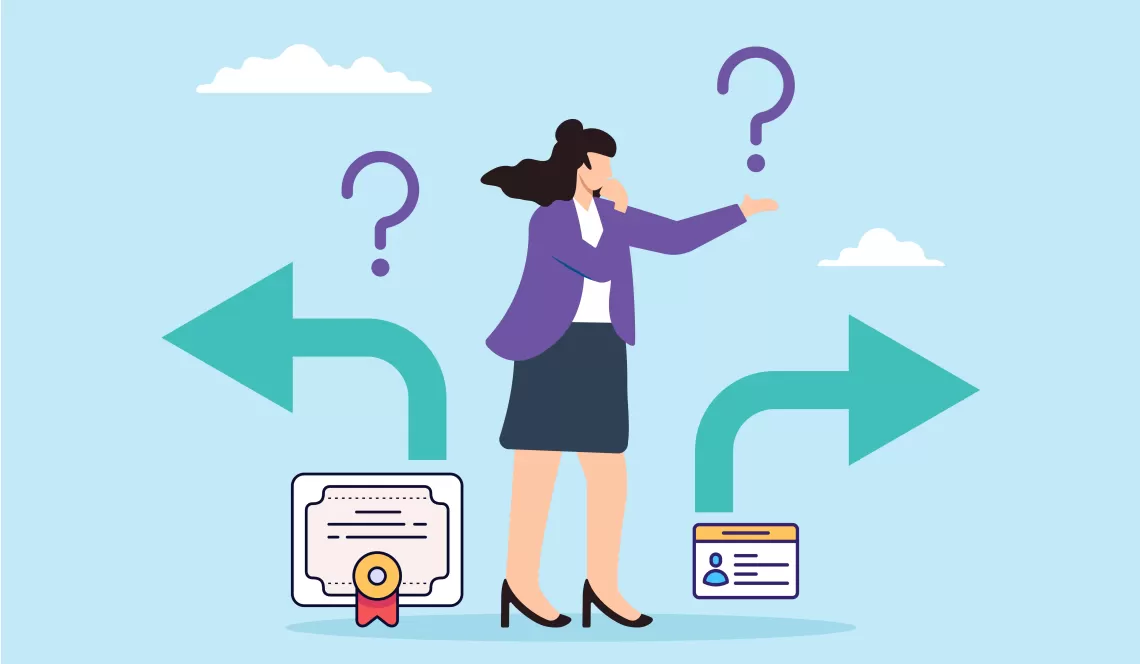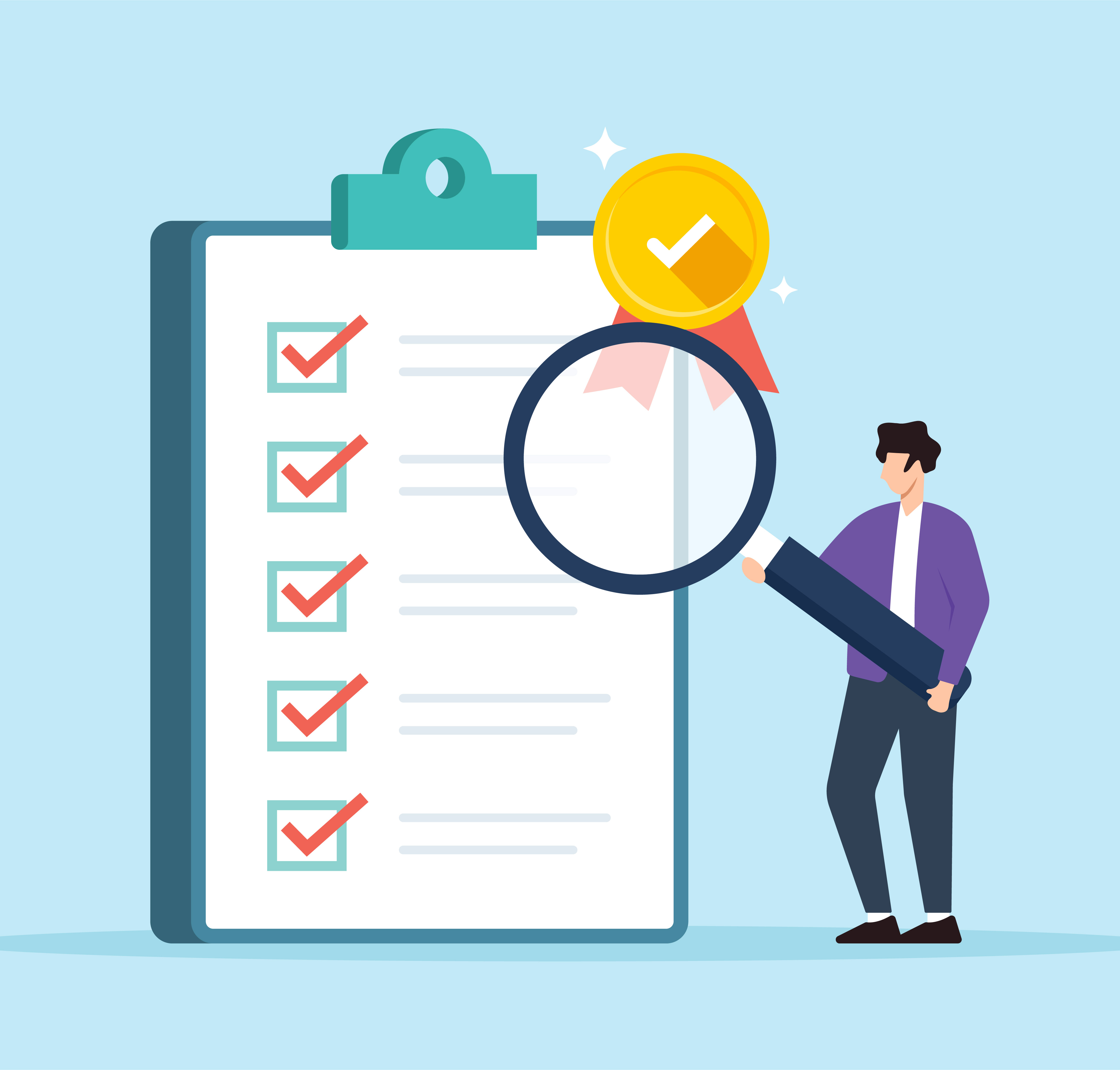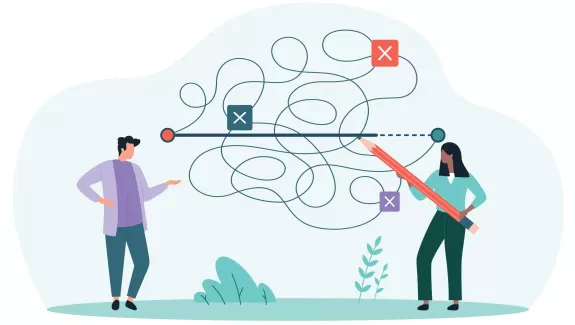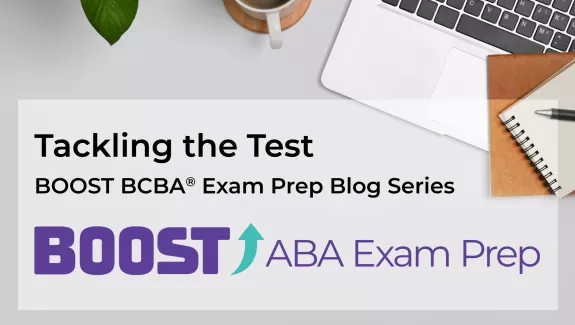
Understanding Certification and Licensure in Behavior Analysis Practice
Navigating the landscape of professional credentials is essential for all behavior analysis students and professionals. Certification and licensure are vital components of this landscape, providing a structure that protects consumers, ensures professional standards, and guides the field’s growth. This blog examines these concepts and their impact on Applied Behavior Analysis (ABA) practice.
The Role of Professional Credentialing
The primary function of professional credentialing is to protect consumers. This is achieved through credentialing programs, certification, or licensure that establish requirements for education, training, and demonstration of knowledge to practice a profession. Regulation also includes continuing education, ethical standards, and enforcement mechanisms to address misconduct. Beyond consumer protection, professional regulation helps delineate the practice by defining the scope of practice.
Key Elements of Credentialing Programs
Credible credentialing programs for ABA professionals typically include:
 Educational Requirements: Holding an accepted degree is often the first step.
Educational Requirements: Holding an accepted degree is often the first step.- Coursework: Completion of specific coursework in behavior analysis.
- Supervised Training: Practical training under the guidance of a qualified professional.
- Professional Examination: Passing an objective, valid, and reliable exam that tests the required knowledge and skills.
- Continuing Education: Ongoing education to stay current with the latest developments in the field.
- Ethics Compliance: Adherence to a professional code of ethics.
These programs are generally designed to assess competence across the full scope of behavior analysis, not limited to specific populations or settings.
Certification vs. Licensure
“What’s the difference between certification and licensure?”
Certification, like that offered by the BACB® is a national credential needed to use the title, Board Certified Behavior Analyst. In some states, certification is required to become licensed, or there is heavy overlap in standards. Licensure is state-specific. That is, whether or not licensure is required and, if so, what the requirements are dictated by state law, which vary from state to state. Though certification and licensure may overlap in their requirements and restrictions, they also serve some different functions and have some different considerations.
 Certification is a credential that ensures those who use a specific title meet defined standards, intending to protect consumers. Key points:
Certification is a credential that ensures those who use a specific title meet defined standards, intending to protect consumers. Key points:
- Standards set by the profession: Those in the profession participate in setting the standards and competencies via job analyses and Subject Matter Expert (SME) groups.
- Restricts title: Limits who can use a specific title (e.g., BCBA®)
- Does NOT restrict practice: Not typically required by law to practice
- Portable: Not tied to a specific state or region
- Oversight by an organization: Credentialing organizations like the Behavior Analyst Certification Board (BACB) offer certifications, setting high standards for the profession but lacking enforcement power over all practicing behavior analysts.
 Licensure is a credential that ensures those who practice a profession meet defined standards, to protect consumers. Licensure provides a legal framework that establishes the profession within state law, defines the scope of practice, and ensures that all practitioners meet established standards. Key points:
Licensure is a credential that ensures those who practice a profession meet defined standards, to protect consumers. Licensure provides a legal framework that establishes the profession within state law, defines the scope of practice, and ensures that all practitioners meet established standards. Key points:
- Standards set by the state: The licensure law dictates the standards for licensure. Certification standards may or may not be included.
- Often Restricts Title and Practice: In many cases, licensure is required to practice and use a specific title.
- Not portable: Each state's requirements and license are specific to that state. Some states offer reciprocity, but this is not guaranteed.
- Enforced by the state: State agencies or licensing boards oversee licensees and handle misconduct allegations of those licensed and those practicing without a license.
Licensure for Behavior Analysts
The growing demand for ABA services, particularly driven by autism insurance mandates and consumer advocacy, has increased the push for licensure. Additionally, as other healthcare professions are licensed, there is pressure for ABA to be similarly regulated. Licensure ensures state oversight, which is increasingly important given the scrutiny from insurers and payers concerned about service quality and potential billing fraud.
Some Benefits of Licensure
 A well-written licensure law can significantly benefit behavior analysis professionals and the community:
A well-written licensure law can significantly benefit behavior analysis professionals and the community:
- Establishes the Profession in State Law: Protects the right of behavior analysts to practice and aligns the profession with others in healthcare and human services. This also shields behavior analysts from accusations of practicing other professions without a license and from restrictive oversight by other fields.
- Requires a license to practice: Mandates that only those who meet professional standards can practice.
- Enforces Conduct Standards: State bodies can investigate misconduct and impose sanctions with the weight of law behind them, thus offering further protection for consumers.
Licensure Limitations and Considerations
Licensure does not guarantee competence or ethical behavior but provides accountability mechanisms. It also typically does not regulate agencies or businesses—only individual practitioners. Additionally, licensure can be detrimental if the law is poorly written and executed. APBA provides additional guidance and considerations for licensure and a model licensure act.
State of Licensure for Behavior Analysts in the U.S.
“Do I need to be licensed?”
Licensure for behavior analysts has been an evolving landscape across the United States. Those living in a state where licensure laws have been adopted will need to ensure they practice within the law, which likely means obtaining a license. According to records from the Behavior Analyst Certification Board (BACB®), 38 states have successfully passed licensure laws between 2009 and 2023. Though licensure is vital to ensuring the practices’ legal framework, not all states have adopted these laws. As of the writing of this blog, 11 states remain without licensure for behavior analysts. Some of these states have attempted to pass licensure bills, but these efforts have not yet resulted in legislation being signed into law.
The 11 states without licensure include:
States without Licensure as of September 2024 | |
|---|---|
Arkansas | Maine |
California | New Hampshire |
Colorado | New Mexico |
Delaware | Pennsylvania |
Florida | South Carolina |
Idaho | West Virginia |
Conclusion
Understanding the distinctions between certification and licensure is crucial for behavior analysis professionals. While certification establishes professional standards and demonstrates competence for those who hold the credential, licensure provides a legal framework that enhances consumer protection, secures the profession’s status, and supports the continued growth and credibility of the ABA. As the field evolves, navigating these regulatory landscapes will be vital to advancing practice standards and protecting the interests of practitioners and consumers.
References and Resources
https://www.bacb.com/u-s-licensure-of-behavior-analysts/
Green, G., (2024). Why Florida Needs a License to Practice Behavior Analysis. FABA recorded Event on Behavior Live. https://behaviorlive.com/courses/why-florida-needs-a-license-to-practic….


